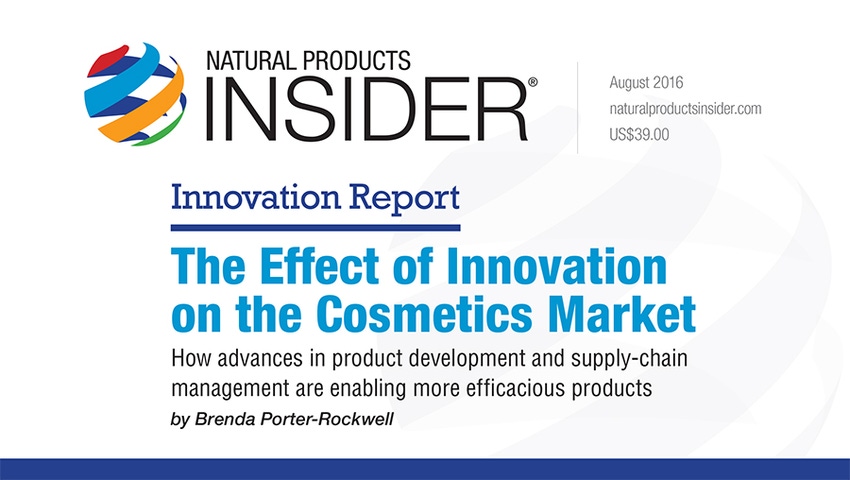The future of the cosmetics industry may rely on consumer interest in natural and organic ingredients, as well as the supply chain transparency of manufacturers.
August 12, 2016

Issue Summary
Consumers are asking more questions and demanding greater authenticity from brand holdersand the cosmetics market is no exception. Ingredients that are popular in natural products, certified organic or backed by scientific research are an increasingly large draw at retail. Working with an established supply chain that prioritizes sustainability and traceability is an important piece of the puzzle. Companies that can incorporate all of these deliverables at an acceptable price point will be well-positioned for long-term success. For more insight on supply chain considerations and sourcing innovative ingredients for personal care products, attend the "Science & Innovation Driving the Beauty Category" workshop on Wednesday, Oct. 5, at SupplySide West 2016.
Editor's Take
Consumers are forcing the hand of beauty brands to innovate with what can be found in nature. The challenge is enormous for manufacturers, who must not only create more natural products, but also ones that perform as well as synthetic and cost about the same.
Takeaways for Your Business
The global organic personal care market is predicted to reach USD$16 billion by 2020.
Ingredients such as lutein, zeaxanthin, omega-3s and baobob fruit are appearing in cosmetics.
Seals or certifications, holograms and QR codes offer consumers a look inside the supply chain.
You May Also Like




.png?width=800&auto=webp&quality=80&disable=upscale)